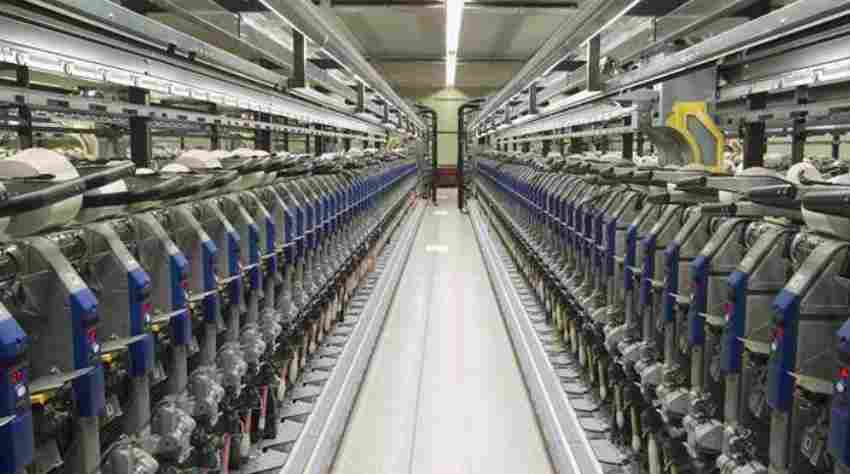The made-ups sector has some seriously bright breakthrough to look forward. The best part of the news is that the breakthrough has come from the government in the form of a reform that was recently sanctioned. The implemented reforms include simplified labour laws and technology upgradation for the made-ups sector.
The reforms include providing production incentive through enhanced Technology Upgradation Fund Scheme (TUFS) subsidy of additional 10% for made-ups similar to the ones provided to the garments based on additional production and employment after three years. In the perspective of the labour laws, the government increased the permissible overtime to 100 hours per quarter in made-ups manufacturing sector besides making employee’s contribution to EPF optional for employees earning less than Rs 15,000 per month. The government will give additional 3.67% share of employer’s contribution in addition to 8.33% covered under Pradhan Mantri Rozgar Protsahan Yojana. This will be for all the new employees enrolling in EPFO for the first three years of employment as a special initiative to made-ups sector.
Insiders at the textile industry are confident that the current reform will help in creating huge employment while earning foreign exchange and creating tractions for the fabrics and yarn sectors. Another remark they have made is that, this will help the entire Make In India initiative since; the domestic industry is the prime source of the made-up sector.
The Made-ups industry that manufactures towels and bed sheets is the second largest employer in the textiles sector after apparel. The sanctioned reforms will boost employment in the textiles sector and create jobs for up to 11 lakh persons. This welcome move from the government will lead to an increase in exports and enhance benefits to the workers in the textiles and apparel sector.
The incentives that were announced in the reform were a part of the Rs 6,006-crore package announced for the apparel sector in June. With this initiative, the government aims for creating huge employment, earning foreign exchange and creating traction for the fabrics and yarn sectors.
Cabinet Approves Reforms for Made-Ups sector


